Make your Photographs Pop With Angles
7th Grade Geometry © Marc Silber 1964
Framing is the most basic of tools for composing a photograph, or for that matter in any visual art. You are looking at life through your camera and select out the rectangle (or square) that you want your viewer to see.
Remember that framing can include the angle you choose in order to tell your story, this includes the angle from which you shoot and the angle you hold your camera, as in the shot above (taken of my 7th grade classroom.)
A great little book called How to Shoot a Movie Story, by Arthur L Gaskill and David A. Englander, discusses the power of angles, something I’ve never seen in a still photography book. Here’s a bit from the book:
“Camera angles can control an audience’s attention and reactions to a remarkable degree. They can emphasize what what you want your audience to see and how you want them to see it”
The four basic angles are:
1. High angles reduces height of the subject and slows down motion. Creates superiority for viewer. Example: If you want the viewer to have the feeling of towering over a large object shoot looking down.
2. Low angles exaggerate height and speed up motion, subject commands attention. This works well in sports for example, get down low and you’ll capture the action.
3. Side angles give depth and perspectiveto people and objects. For example, If you want to emphasize the depth of a building, shoot it from the side.
4. Flat angles are just that, taken front on and can be pretty dull.
A photographer’s best friend are his/her feet! Move around, climb up high, crouch down low. Turn your camera. See what happens!
In our AYP Club, we have weekly assignments in our Photo-Dojo group. This week’s is to go out and shoot and try each of the angles noted above. Especially force yourself to shoot from an angle or hight that you never use. Post your best in the Dojo and tell us what you learned.

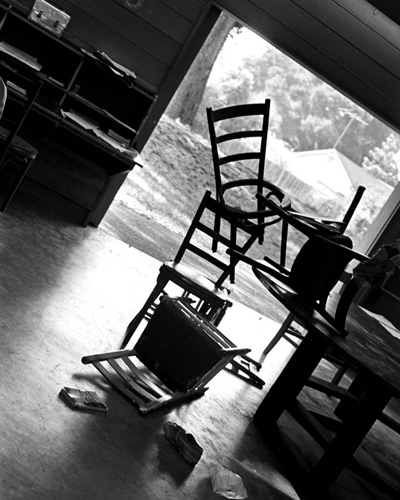
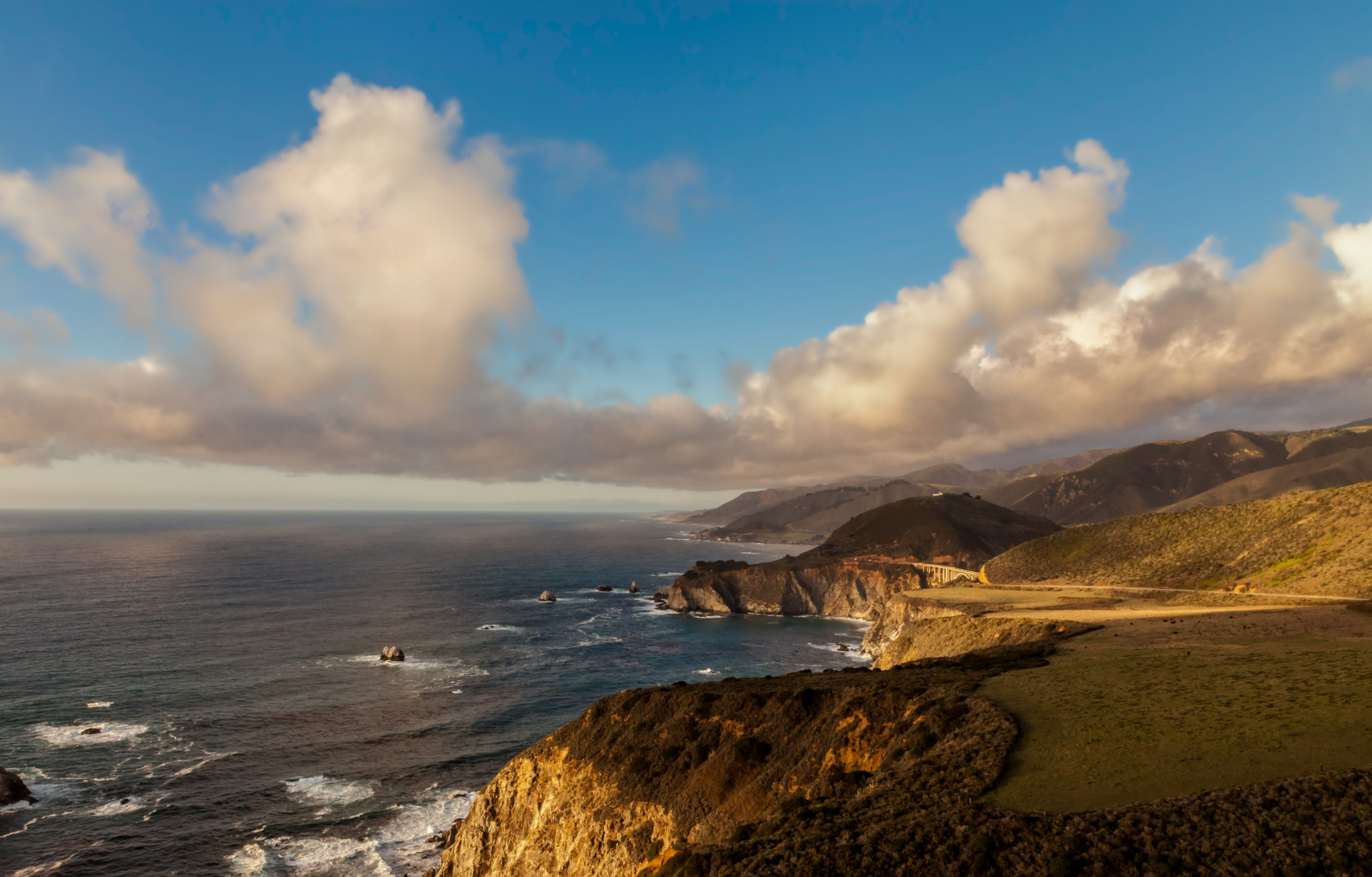
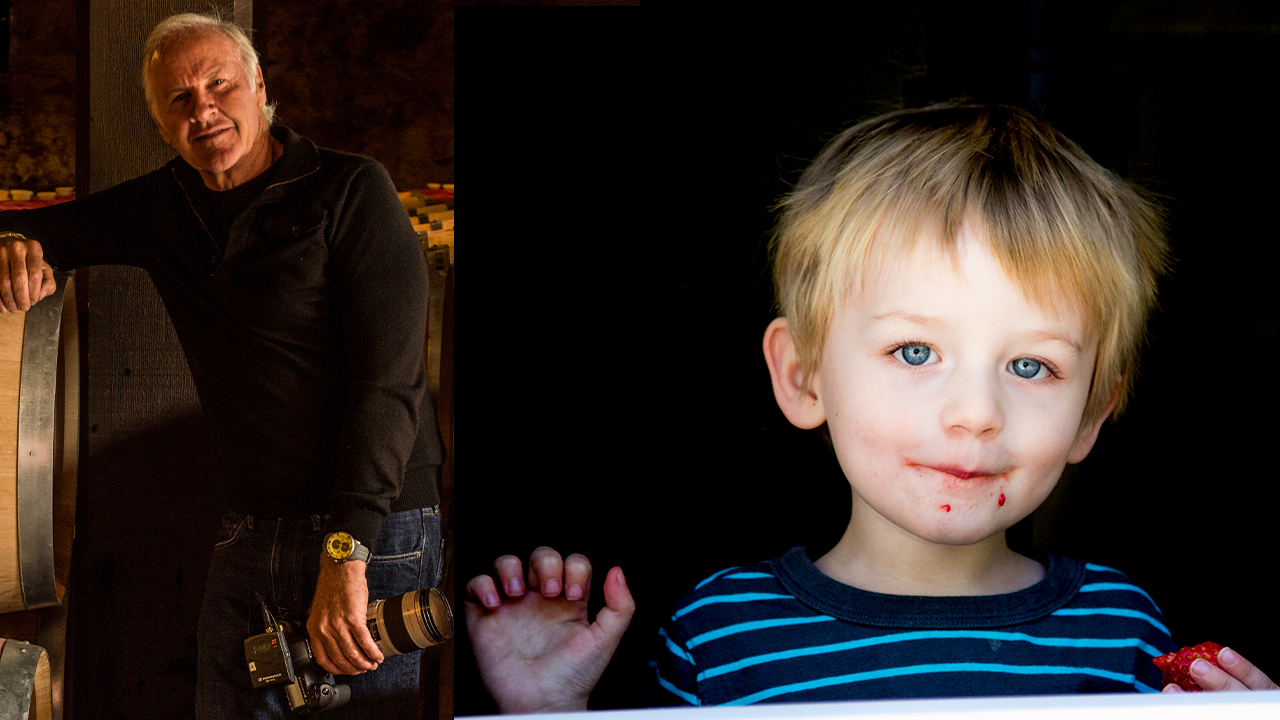
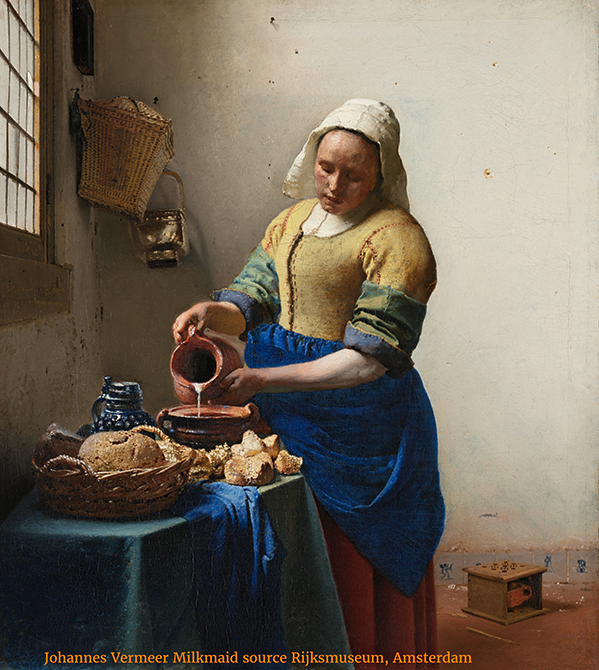
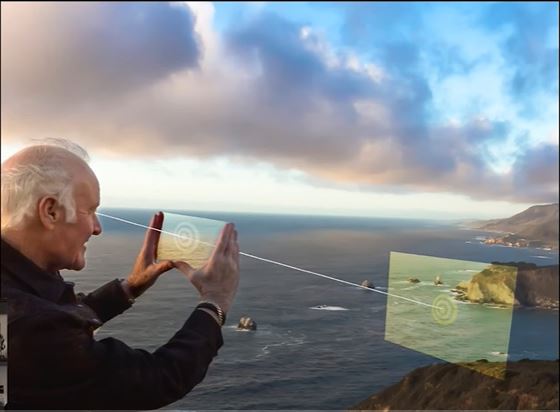
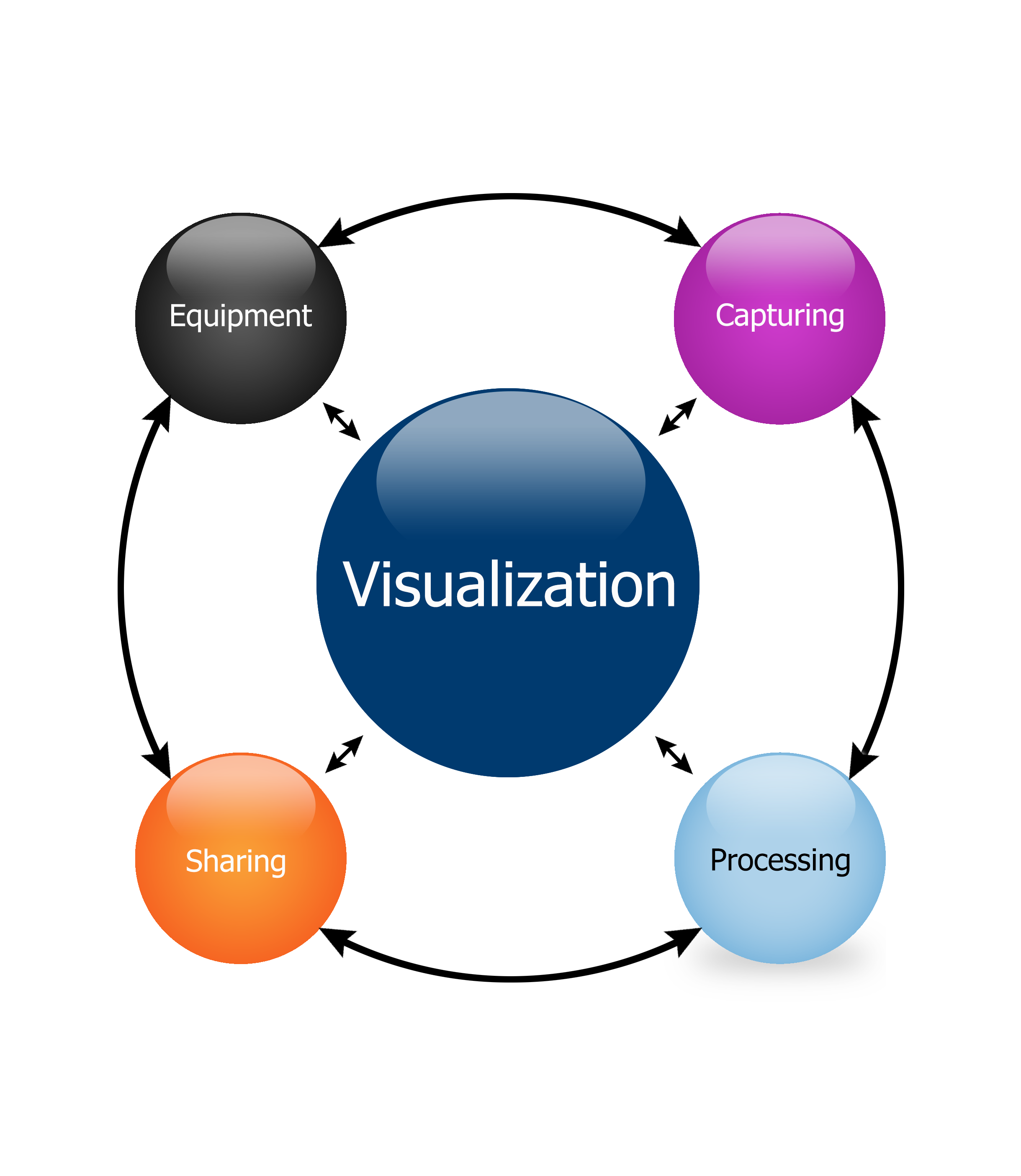
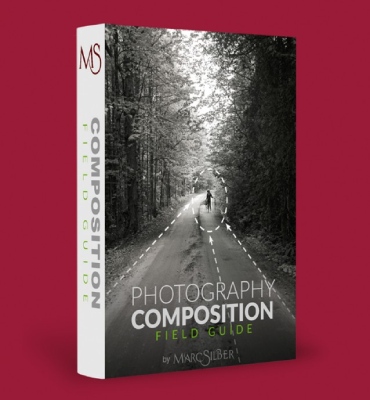
thanks Damon, will check it out
I’m sure there are many, but to add to the list of good books that cover the topic of angles and their use I’d like to mention Michael Freeman’s “The Photographer’s Eye.” An wonderful book that breaks down composition in great detail. Thank you for the suggestion of “How to Shoot a Movie Story.”
Great looking photos Chris.
I updated the link check it out, thanks
You mentioned a book that I thought I’d look up, but with no success: How To Shoot A Movie Story by L Gaskill & David Englander. Have you got a source for this book, or have you suggestions for another? I am not an amateur but not a professional and am always looking for information. I am enjoying your assignments and will post when ready.